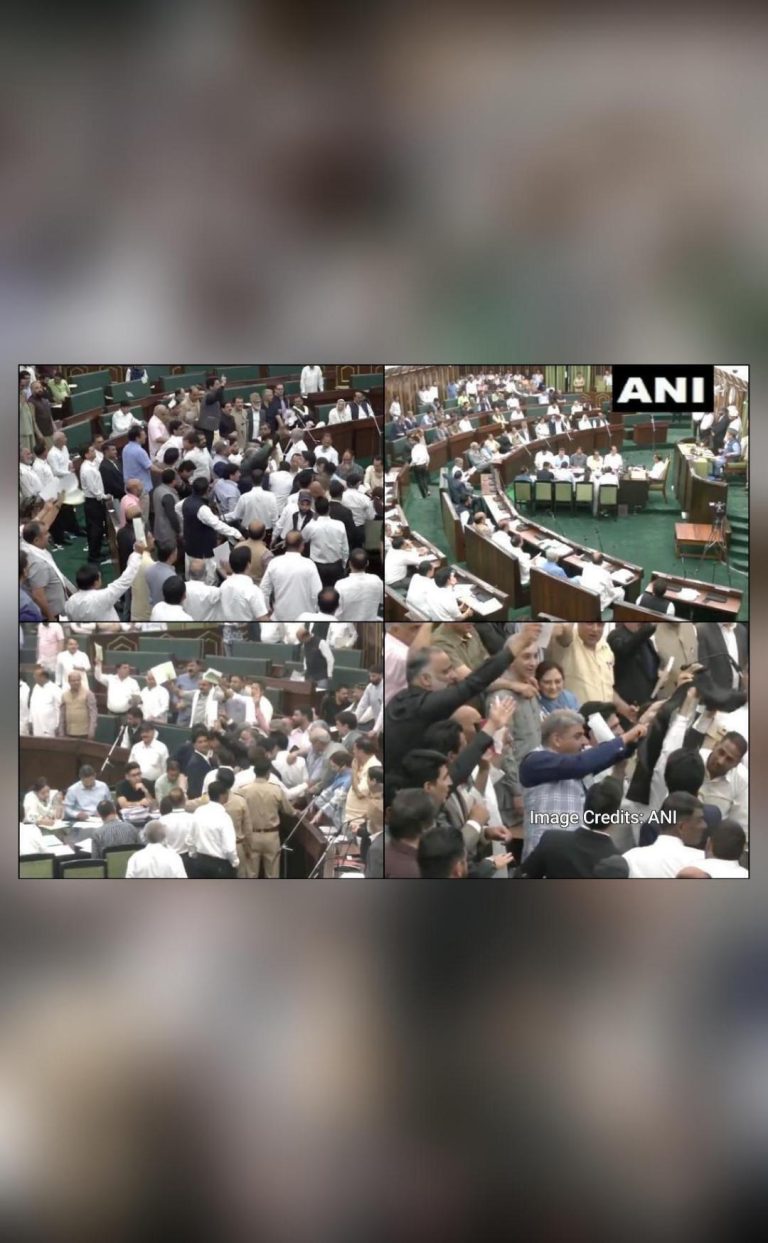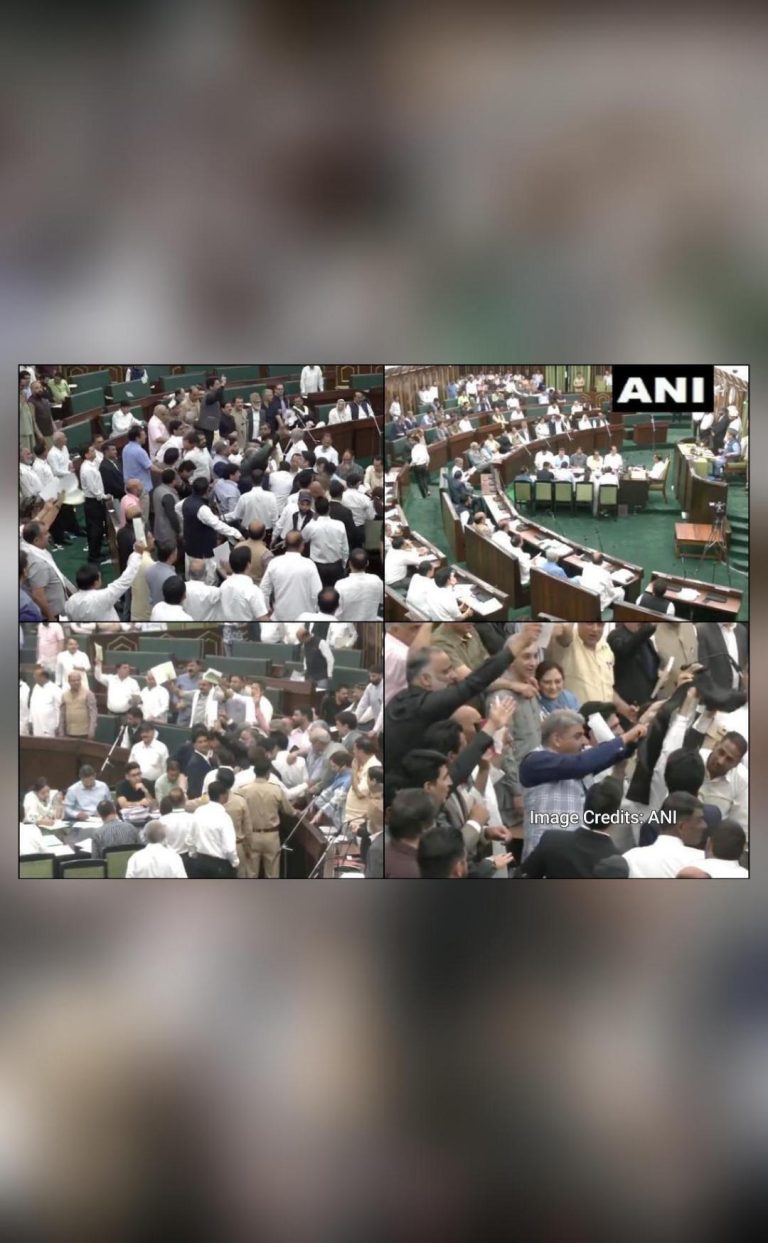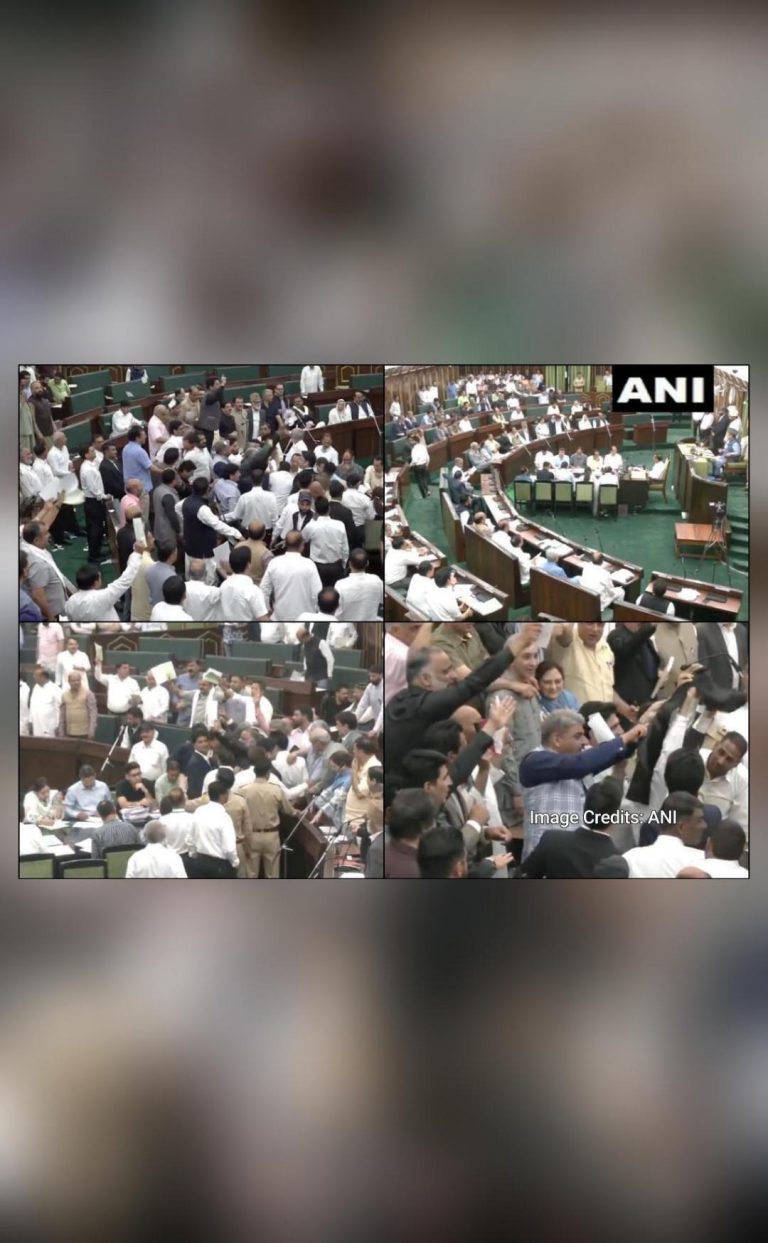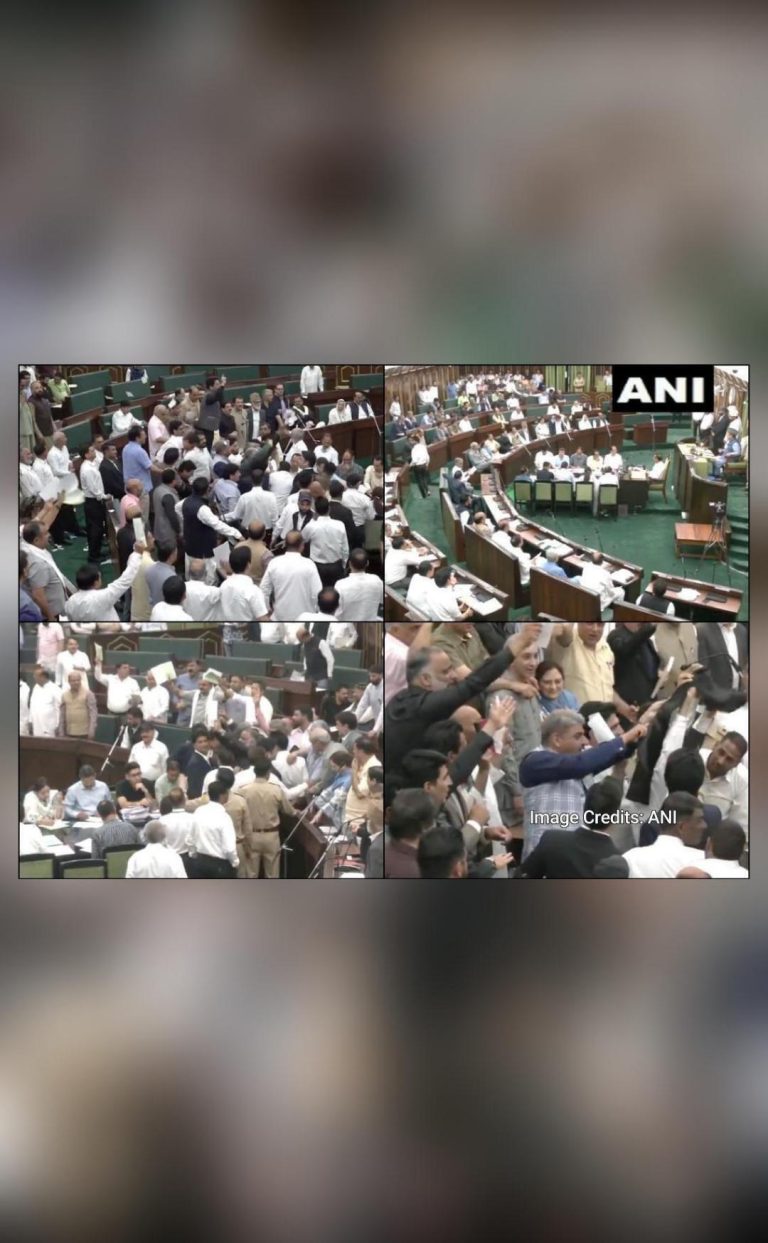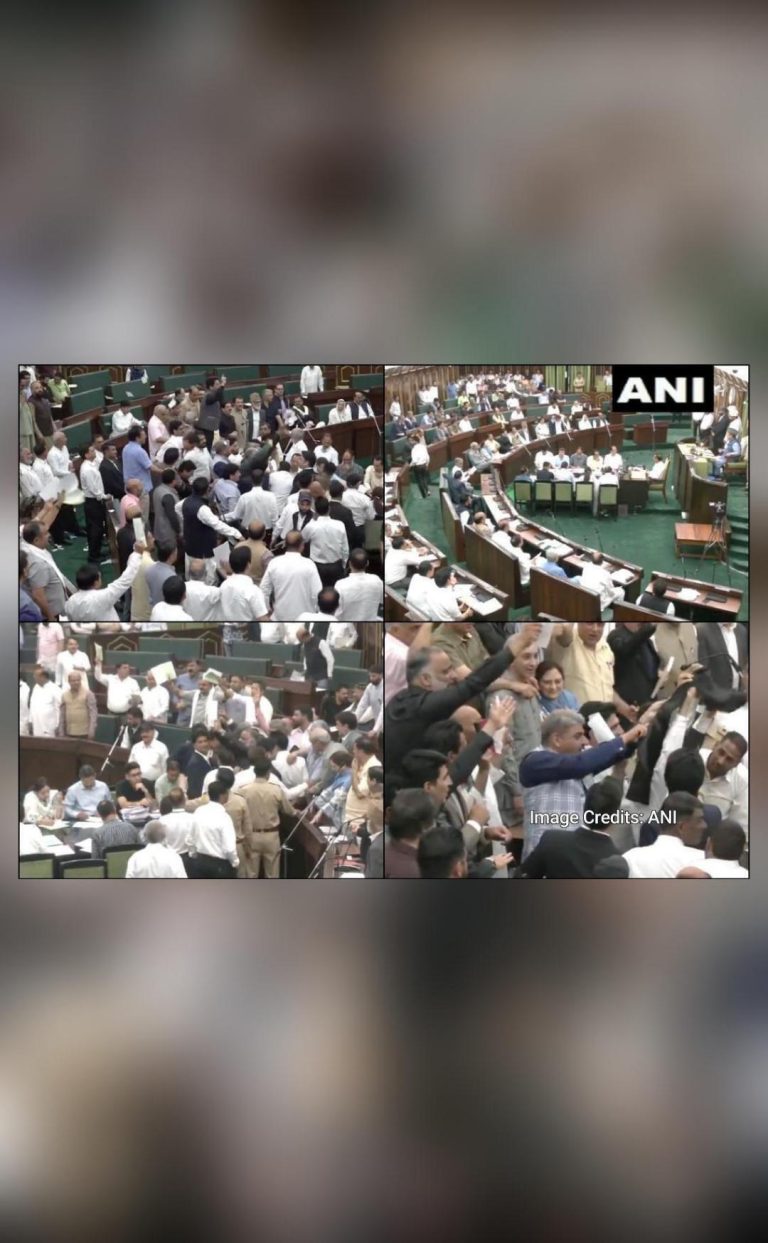
Title: If we can learn Hindi, others can learn Marathi too: Bhujbal on new rule
The recent decision by the Maharashtra government to make Marathi the primary language to be used in all government offices has been met with a mix of reactions from various quarters. While some have hailed it as a step towards promoting the state’s culture and language, others have expressed concerns about the feasibility and practicality of the move. Amidst this debate, Nationalist Congress Party (NCP) leader Chhagan Bhujbal has lent his support to the government’s decision, saying that if we can learn and speak Hindi, then others can also learn Marathi.
Speaking to a leading news agency, Bhujbal emphasized the importance of learning the local language when visiting a new place. “If we go to any state, then we should try to learn the language of that place,” he said. He also expressed his confidence that people would adapt to the new rule and make an effort to learn Marathi.
Bhujbal’s statement has sparked a interesting debate about language and culture. While some have argued that the decision is a step towards preserving the state’s heritage, others have pointed out that it may lead to difficulties for people who are not fluent in Marathi. There are concerns that the move may create a sense of exclusivity and marginalize those who are not familiar with the language.
However, Bhujbal’s view that if we can learn Hindi, others can also learn Marathi is an interesting perspective. Hindi is a widely spoken language in India and is often used as a lingua franca across different regions. Many people in India, especially those in urban areas, are familiar with Hindi and use it as a common language to communicate with people from other parts of the country.
If we think about it, Bhujbal’s statement is not entirely unfounded. In a country like India where there are many different languages and dialects, it’s not uncommon for people to learn and use multiple languages. In fact, many Indians are proficient in multiple languages, including their mother tongue, Hindi, English, and other regional languages.
Moreover, Bhujbal’s emphasis on learning the local language when visiting a new place is a valuable lesson. When we travel to a new place, it’s always a good idea to learn a few basic phrases in the local language. It not only shows respect for the local culture but also helps us to communicate more effectively with the locals.
In the context of the Maharashtra government’s decision, Bhujbal’s statement suggests that the move is not meant to create a sense of exclusivity but rather to promote the state’s language and culture. The decision is seen as a step towards preserving the state’s heritage and promoting its language, which is an important part of its identity.
However, it’s also important to acknowledge that the decision may have its challenges. For example, people who are not fluent in Marathi may face difficulties in communicating with government officials, which could lead to delays and inefficiencies. There may also be concerns about the potential impact on the state’s economy, particularly if it leads to a decline in tourism and investment.
In conclusion, Bhujbal’s statement that if we can learn Hindi, others can also learn Marathi is an interesting perspective that highlights the importance of language and culture. While the Maharashtra government’s decision to make Marathi the primary language in government offices has its challenges, it’s also an important step towards promoting the state’s language and culture. As Bhujbal emphasized, learning the local language is an important part of respecting the local culture and communicating effectively with the locals.
